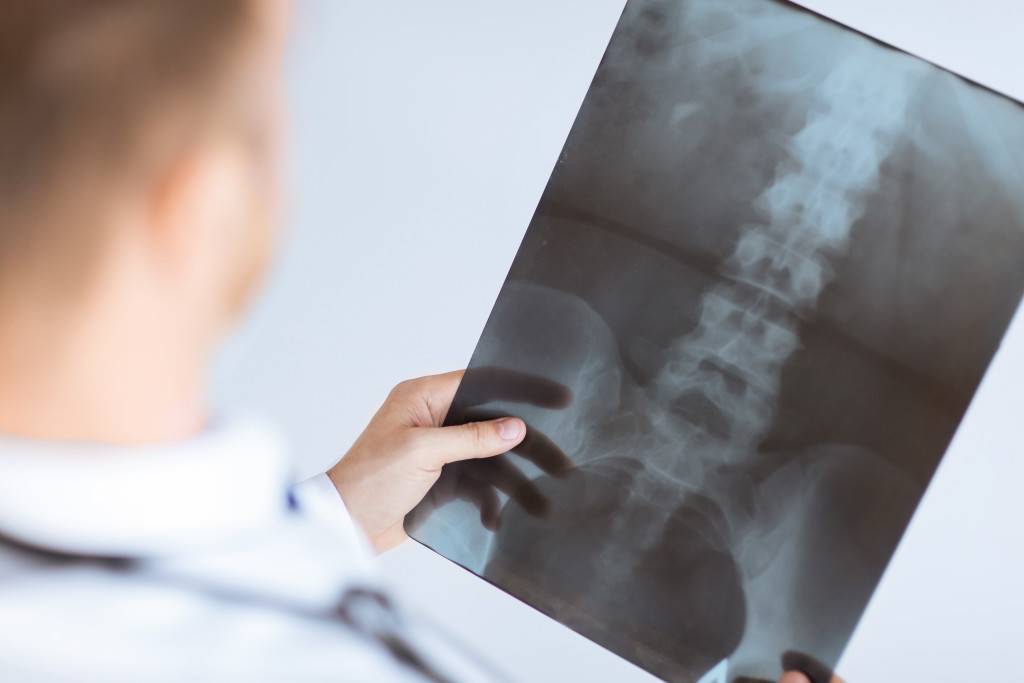The U.S. Department of Transportation and National Highway Traffic Safety Administration (NHTSA) reports that in 2012, an estimated 2.36 million people were injured in motor vehicle accidents. These accidents resulted in 33,561 reported fatalities. This was the first statistically significant increase since 1995. 
When you are injured in an automobile accident that was caused by the negligence or recklessness of another party, you may be entitled to monetary compensation. However, what if your injuries are not “new” injuries, but rather an aggravation of your pre-existing injuries? Are you still entitled to compensation? If so, will you only be offered a minimal settlement figure? These are all questions that will be discussed in this article.
Old or New Injuries – You Are Still Entitled to Compensation
Chances are, if you file a personal injury claim for new injuries that in any way resemble prior injuries, the insurance adjuster assigned to your case will most likely tell you that your “new” injuries are simply an aggravation of your pre-existing injuries and that you are not entitled to much compensation, if any.
Regardless of how the adjuster puts it, you do not have to accept it. The facts are simple. You were injured in an accident that was caused by the insurance carrier’s insured and you are entitled to compensation for those injuries – whether the injuries are an aggravation of previous injuries or new and separate injuries. This mind set applies to all types of accidents, not just automobile accidents. Nevertheless, obtaining fair compensation can be challenging. However, with the right evidence and the right attorney, you can overcome the challenge.
How to Prove Liability
The first step in obtaining compensation for your injuries, whether old or new, is proving liability. The bottom line is that if you are unable to prove liability, you do not have a claim, regardless of the extent of your injuries. The general requirements for proving liability are:
- The at-fault party owed you a duty of care
- The at-fault party breached that duty of care by acting negligently or recklessly
- Such actions of the at-fault party were the direct and proximate cause of your injuries.
In order to prove these elements, and thus liability, you need to provide strong evidence. Common ways of providing reliable and credible evidence include:
- Photographs
- Witness statements
- Medical records
- Police or incident reports
Proving new or aggravated previous injuries is best done with medical records. Insurance adjusters expect some overlap in treatment with aggravated injuries or pre-existing conditions. However, your treating doctor’s narrative in the medical report or record will often go a long way in helping prove your claim to the insurance adjuster. Another helpful evidence is providing imaging, such as x-rays, MRIs, CAT scans, and other diagnostic tests.
Call Us Today
If you or a loved one has been injured in an accident caused by another party, we can help. For more information or to consult with one of our experienced New York personal injury attorneys, please call Gersowitz Libo & Korek, P.C. at 1-800-529-9997.

























